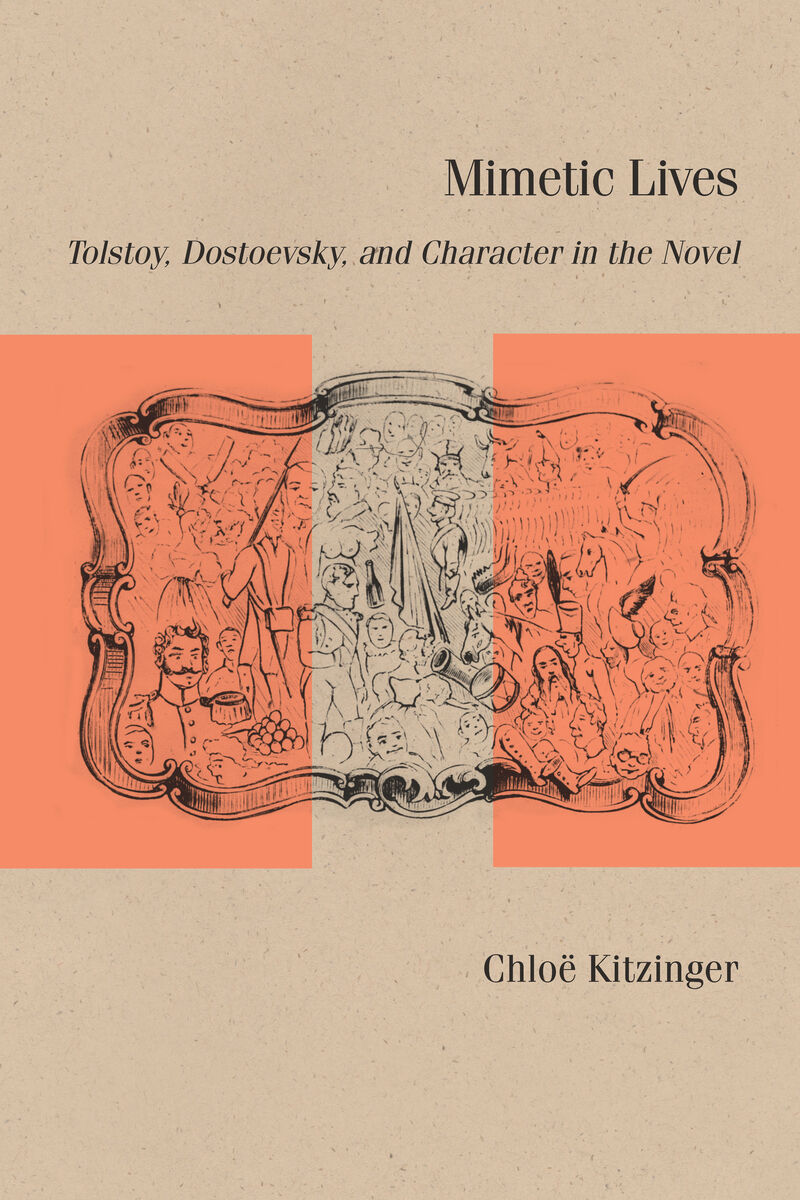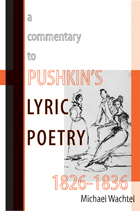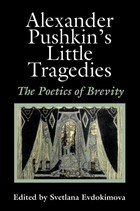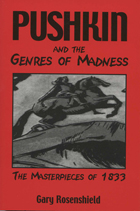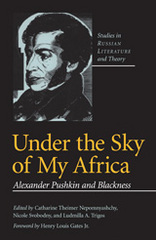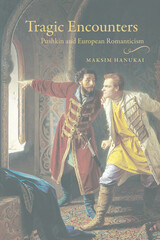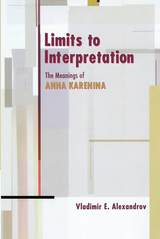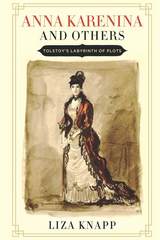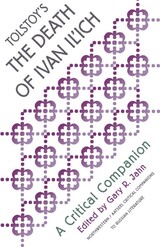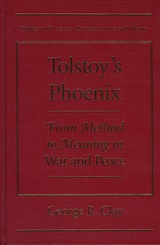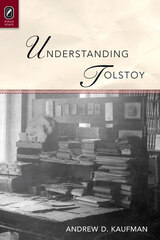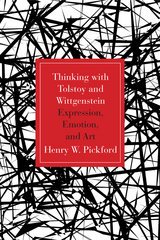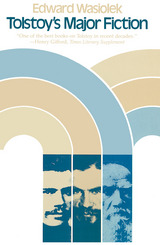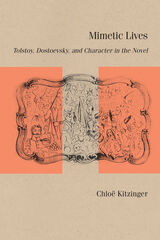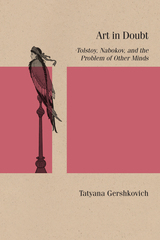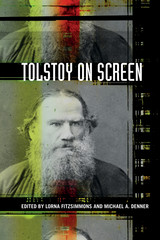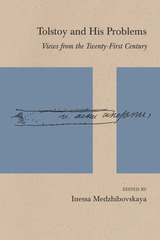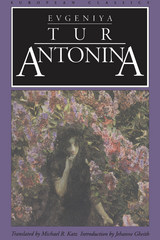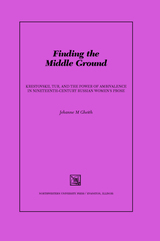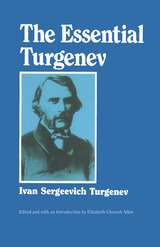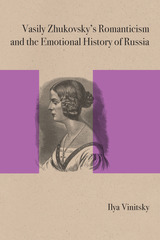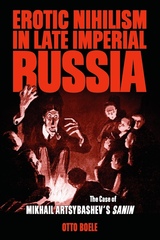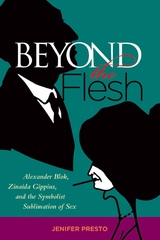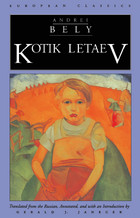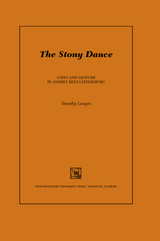Mimetic Lives: Tolstoy, Dostoevsky, and Character in the Novel
Northwestern University Press, 2021
Paper: 978-0-8101-4396-8 | Cloth: 978-0-8101-4397-5 | eISBN: 978-0-8101-4398-2
Library of Congress Classification PG3412.K58 2021
Dewey Decimal Classification 891.7330927
Paper: 978-0-8101-4396-8 | Cloth: 978-0-8101-4397-5 | eISBN: 978-0-8101-4398-2
Library of Congress Classification PG3412.K58 2021
Dewey Decimal Classification 891.7330927
ABOUT THIS BOOK | AUTHOR BIOGRAPHY | REVIEWS | TOC | REQUEST ACCESSIBLE FILE
ABOUT THIS BOOK
What makes some characters seem so real? Mimetic Lives: Tolstoy, Dostoevsky, and Character in the Novel explores this question through readings of major works by Leo Tolstoy and Fyodor Dostoevsky. Working at the height of the Russian realist tradition, Tolstoy and Dostoevsky each discovered unprecedented techniques for intensifying the aesthetic illusion that Chloë Kitzinger calls mimetic life—the reader’s sense of a character’s autonomous, embodied existence. At the same time, both authors tested the practical limits of that illusion by extending it toward the novel’s formal and generic bounds: philosophy, history, journalism, theology, myth.
Through new readings of War and Peace, Anna Karenina, The Brothers Karamazov, and other novels, Kitzinger traces a productive tension between mimetic characterization and the author’s ambition to transform the reader. She shows how Tolstoy and Dostoevsky create lifelike characters and why the dream of carrying the illusion of “life” beyond the novel consistently fails. Mimetic Lives challenges the contemporary truism that novels educate us by providing enduring models for the perspectives of others, with whom we can then better empathize. Seen close, the realist novel’s power to create a world of compelling fictional persons underscores its resources as a form for thought and its limits as a direct source of spiritual, social, or political change.
Drawing on scholarship in Russian literary studies as well as the theory of the novel, Kitzinger’s lucid work of criticism will intrigue and challenge scholars working in both fields.
Through new readings of War and Peace, Anna Karenina, The Brothers Karamazov, and other novels, Kitzinger traces a productive tension between mimetic characterization and the author’s ambition to transform the reader. She shows how Tolstoy and Dostoevsky create lifelike characters and why the dream of carrying the illusion of “life” beyond the novel consistently fails. Mimetic Lives challenges the contemporary truism that novels educate us by providing enduring models for the perspectives of others, with whom we can then better empathize. Seen close, the realist novel’s power to create a world of compelling fictional persons underscores its resources as a form for thought and its limits as a direct source of spiritual, social, or political change.
Drawing on scholarship in Russian literary studies as well as the theory of the novel, Kitzinger’s lucid work of criticism will intrigue and challenge scholars working in both fields.
See other books on: 1821-1881 | Character | Characters | Dostoevsky | Dostoyevsky, Fyodor
See other titles from Northwestern University Press
